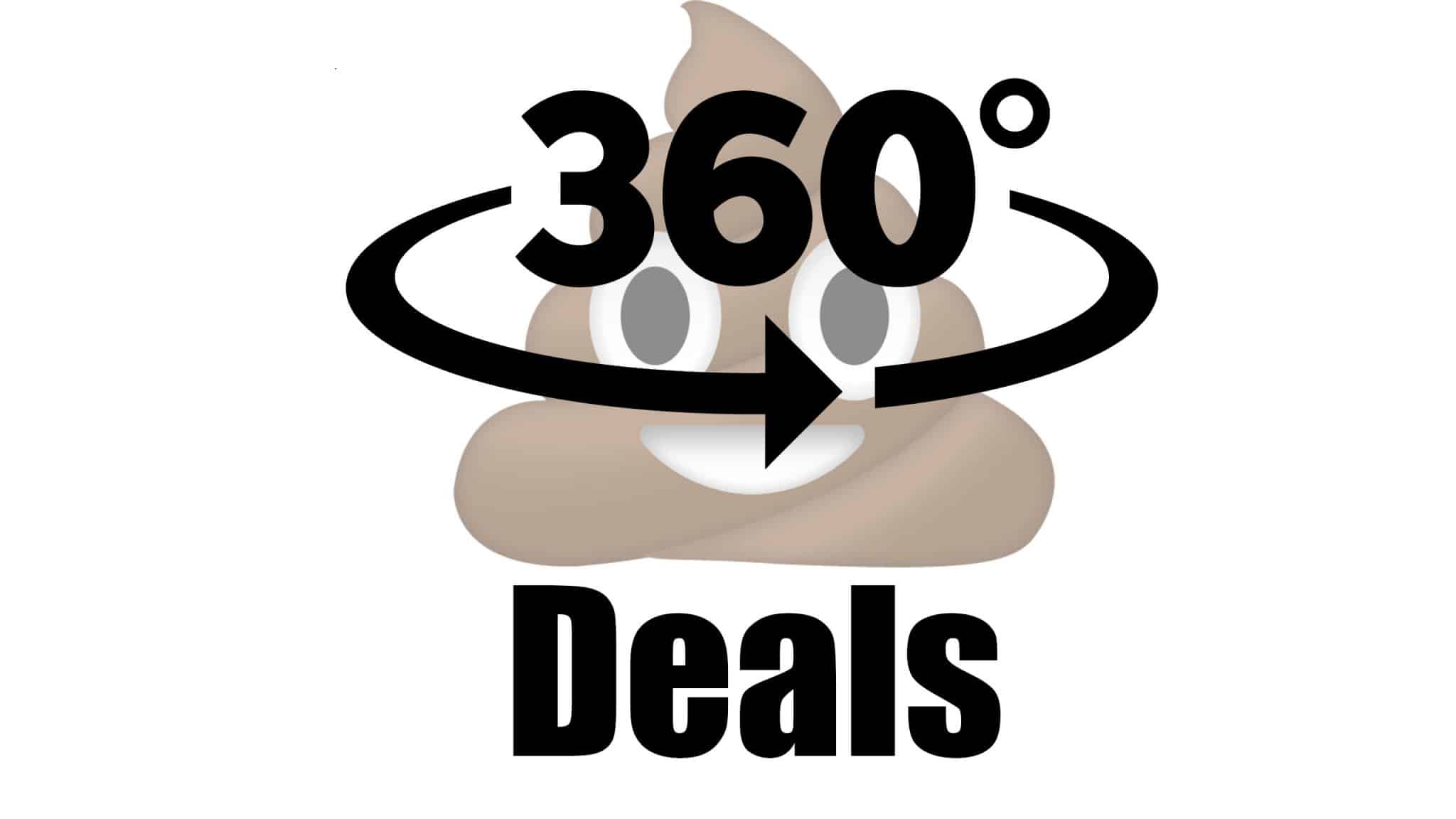Soundcloud has decided to open up its direct monetization program, SoundCloud Premier, to all Pro and Pro Unlimited Subscribers who are eligible. This means that hundred of thousands of independent artists will have the ability to monetize their music.
Some believe Soundcloud is responding to Spotifys New Feature that allows artists to upload music directly to the platform. Either way , this is great news to all independent artists. Not only does Soundcloud meet and beats all other streaming services when it comes to revenue but they also will be sending out monthly payments. The service come at no extra cost and is available immediately.
VIA SOUNDCLOUD
So, how do you know if you’re eligible?
You must be an independent creator and a Pro or Pro Unlimited subscriber. For now, we’re opening the program up to original music content only, but stay tuned for more details as we continue to expand.
We’re starting out by inviting creators with 5,000 plays in the past month (from SoundCloud monetized countries: US, UK, Canada, Australia, France, Germany, Ireland, The Netherlands, New Zealand), then scaling over time to as many creators as possible. So we recommend you keep creating and promoting your original content, and engaging with your fans in the process. You’ll receive an email and in-product notification once you’re in.
If you’re interested in signing up head over to Creator Guide for more details.
NEED INSTRUMENTALS? Click Here for the best quality Beats/ Instrumentals online as well as FREE Downloads for independent artists.





